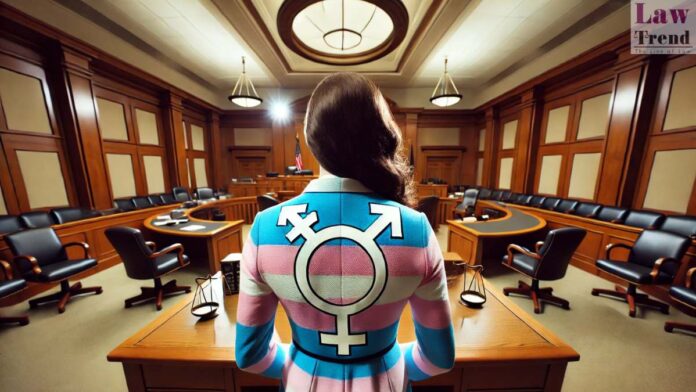In a landmark ruling, the Himachal Pradesh High Court held that transgender individuals cannot seek protection under Section 69 of the Bharatiya Nyaya Sanhita (BNS), 2023, for offenses relating to a false promise of marriage. The decision was delivered by Justice Sandeep Sharma in the case of Bhupesh Thakur vs. State of Himachal Pradesh (Cr.MP(M)
To Read More Please Subscribe to VIP Membership for Unlimited Access to All the Articles, Download Available Copies of Judgments/Order, Acess to Central/State Bare Acts, Advertisement Free Content, Access to More than 4000 Legal Drafts( Readymade Editable Formats of Suits, Petitions, Writs, Legal Notices, Divorce Petitions, 138 Notices, Bail Applications etc.) in Hindi and English.




